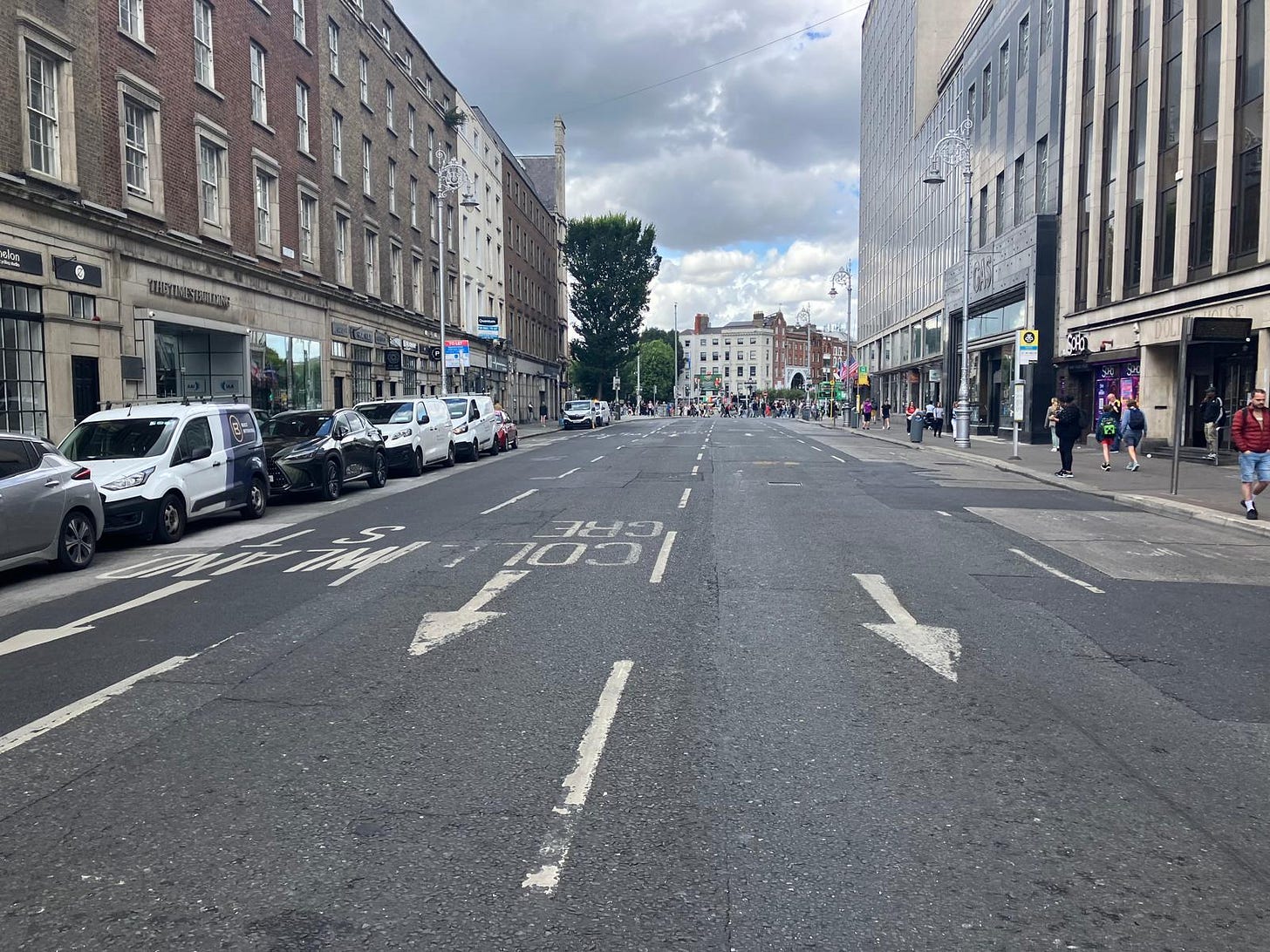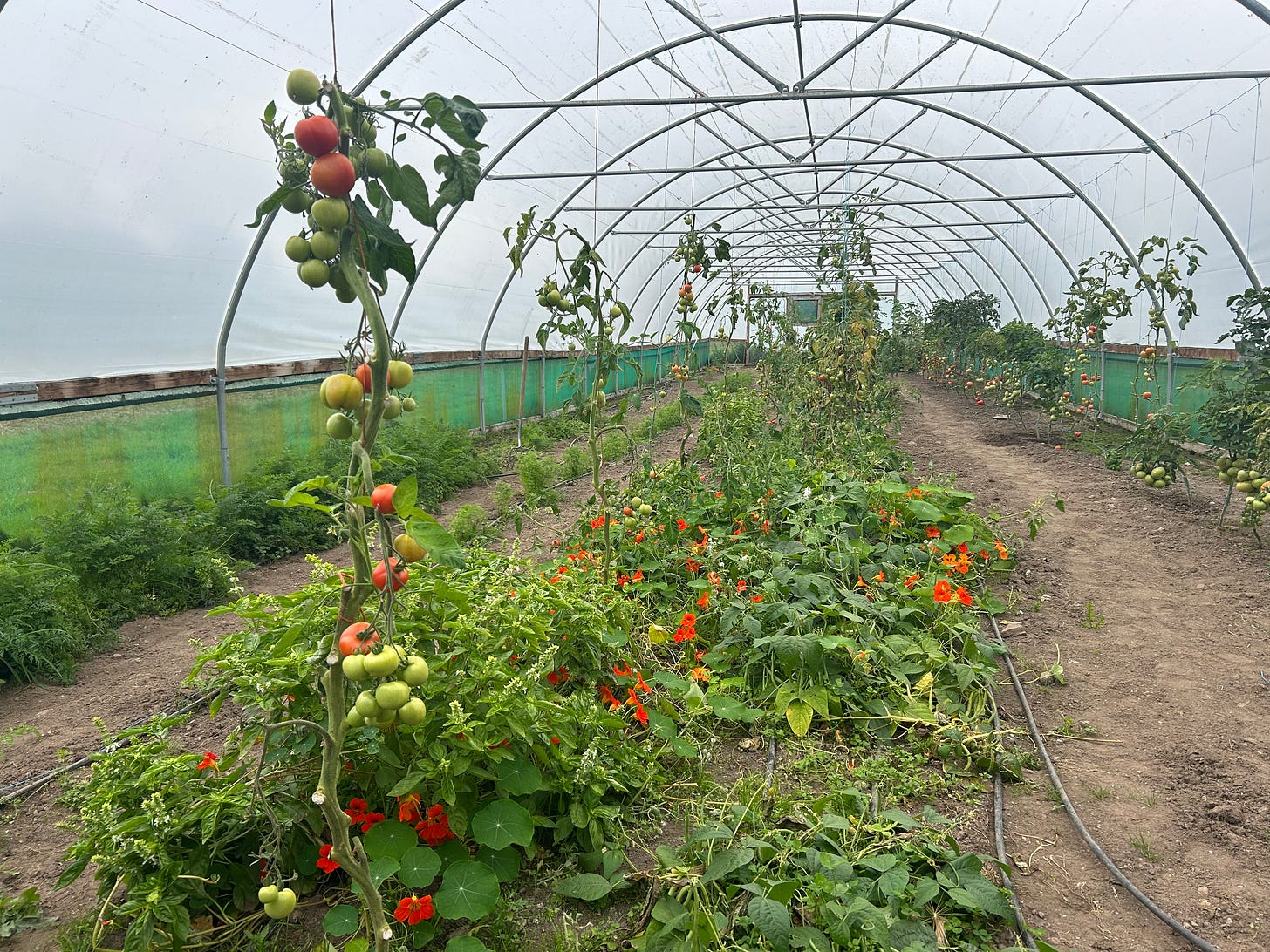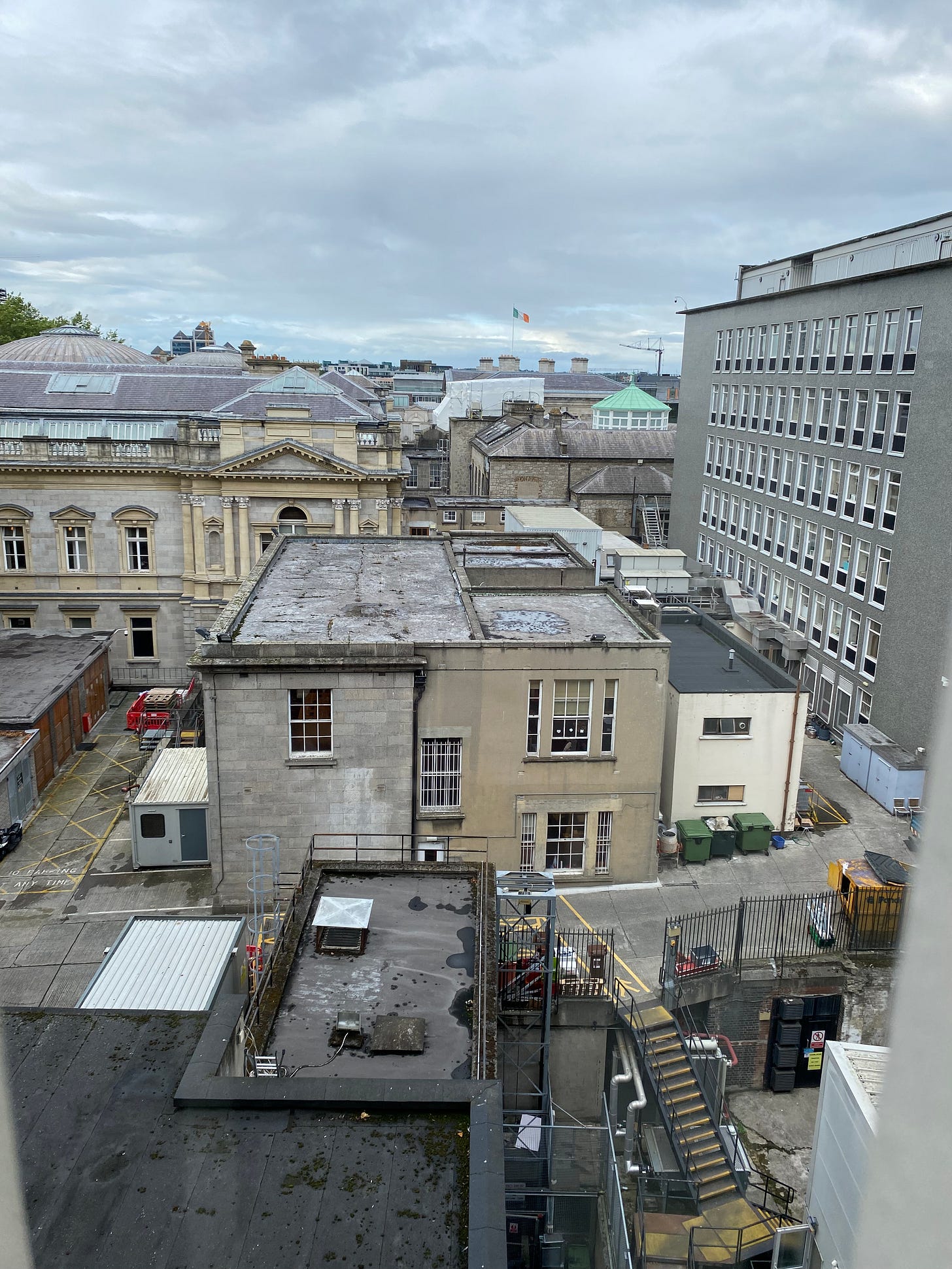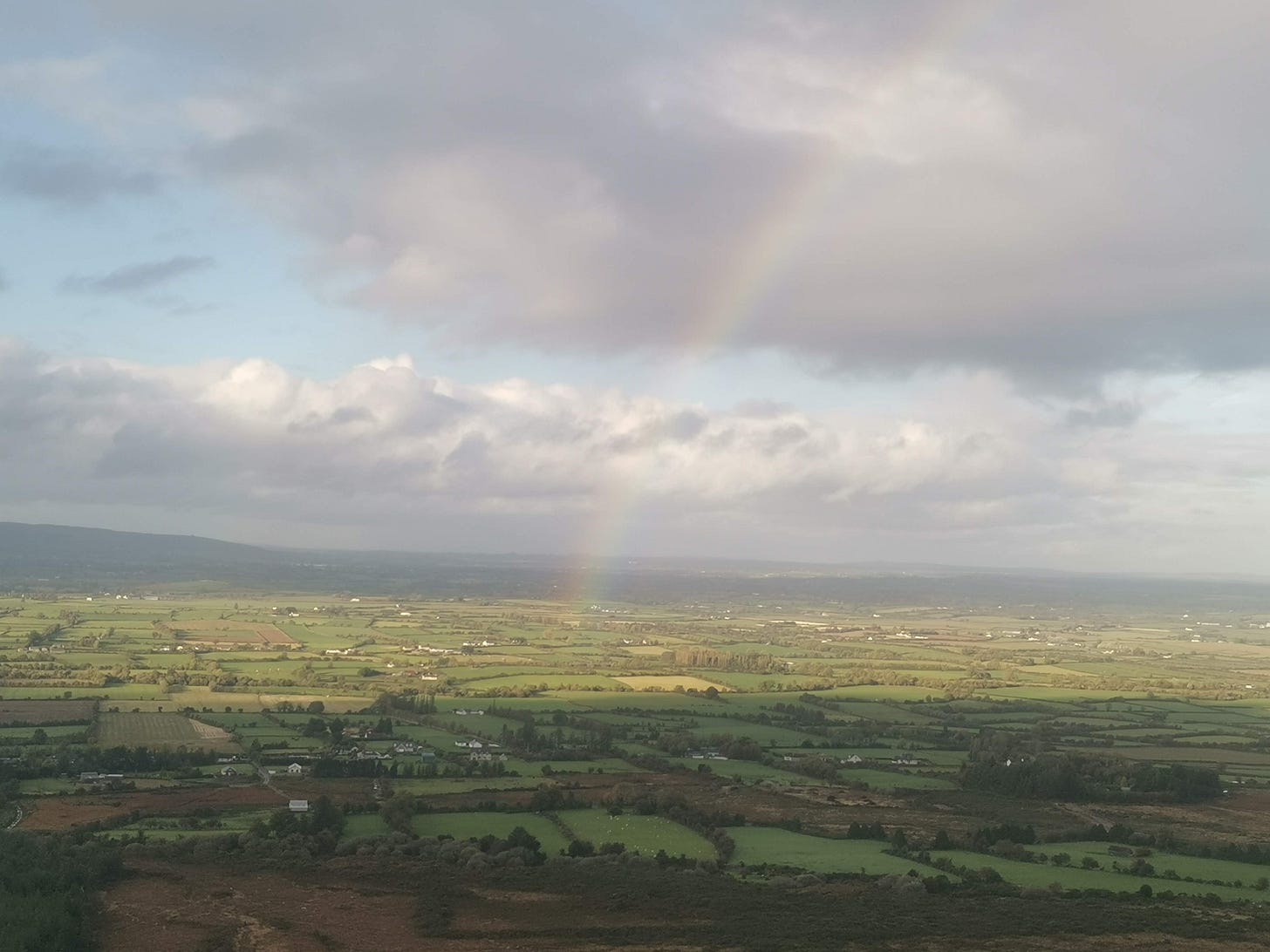Budget 2026 Must Secure Our Future
We cannot face another year of denial and inaction
Budget 2026 could be the landmark turning point for Ireland taking ownership on climate and nature action.
The backdrop is stark, as 2025 has been a bruising year for the Irish environment. Reports are mounting that highlight systematic inaction by the government is heightening the escalating crises.
The European Environment Agency recently concluded that Irish nature is in a “very poor” state, with economic growth coming at the expense of our ecosystems.
The Environmental Protection Agency confirmed earlier this year that Ireland is failing to meet its legally binding climate targets.
Only last week, the Potsdam Institute for Climate Impact Research warned that ocean acidity has now crossed a critical threshold for marine life, placing global food security at risk.
Seven of the nine planetary boundaries, the Earth’s life support systems, have now been breached.
In Ireland, this reality is being met with rising car dependency and stagnanting progress on emissions reduction. The 2024 National Household Travel Survey illustrated car use is continuing to climb, even as the evidence mounts that our transport system must be fundamentally reimagined.
The combined climate, biodiversity and public health crises should form the defining backdrop of Budget 2026. The Government has a chance to reorient spending towards safeguarding nature, protecting human health, securing the wellbeing of current and future generations, and meeting international obligations.
Nature, Food and Farming
Ireland cannot meet its climate and biodiversity obligations without significant investment in nature and land use. Budget 2026 should:
Increase funding for nature restoration and conservation, in line with the commitment to protect 30% of land and sea by 2030, and significantly expand the National Parks and Wildlife Service to manage and restore habitats.
Launch a Biosphere Farm scheme with a €150m multi-annual fund (2026–2028). Farmers who opt in would receive payments, training and certification to manage land for biodiversity, soil health and pollinators, supported by Teagasc and NPWS advisors.
Create a National Catchment Restoration Fund to tackle nutrient run-off and river pollution. This should support results-based payments for improved water quality and fund wetlands, buffer zones and riparian planting to protect ecosystems.
Pilot a right-to-roam initiative, ensuring wider public access to nature, which has proven links to both health and wellbeing, and pro-environmental behaviour.
Transport
To address the fact that transport remains Ireland’s largest source of energy-related emissions, Budget 2026 should:
Increase investment in public and active transport to at least double that of road spending, with an ambition to reach a 3:1 ratio.
Commit to major rail investments, prioritising electrification of the Dublin–Cork and Dublin–Belfast lines, while advancing design and planning for Limerick–Cork and Galway–Athlone upgrades.
Fund light rail networks in Cork and Galway, allocate spending to provide Limerick with a metropolitan rail network building on the progress made on the Foynes to Limerick line.
Accelerate both the speed of delivery and quality of walking and cycling infrastructure across Ireland. Anything short of world class is not good enough.
Introduce ultra-low emissions zones in major urban centres to improve air quality.
Expand rural transport options, linking local communities to regional rail and bus services, reducing car dependency beyond the cities.
Building a sustainable food system
Ireland’s agri-food sector is central to the solution of creating a more sustainable country. Budget 2026 should:
Support organic conversion with grants to cover upfront costs, alongside area-based maintenance payments to help farmers through the two-to-three-year transition period.
Set ambitious phased public procurement targets for organic and local food in schools, hospitals and state canteens, with ring-fenced capital to strengthen local supply chains.
Expand eco-reward payments to incentivise soil carbon storage, biodiversity actions and water protection. Farmers should be rewarded for outcomes, not simply inputs, with higher payments for bundled measures.
Financing a Fair Transition
The Government should finance these measures through a fair “polluter pays” approach. Options include:
Increased taxes on aviation and private jets.
A levy on high-emission SUVs including increased parking fees for heavier vehicles and congestion zones.
Fiscal measures on the most carbon-intensive foods, paired with support for sustainable farming.
Redirecting revenue from activities that damage climate and health into initiatives that restore ecosystems and communities would create a fairer, more resilient economy.
Now is the Time
Budget 2026 will be remembered as either another missed opportunity or the beginning of a decisive shift. There is nothing in-between. Half measures won’t cut it. We must shift the gears from inaction to implementation, while we still have the chance to do so.
The measures outlined above, although far from an exhaustive list, would help Ireland to restore nature, accelerate emissions reductions, modernise transport, and build a resilient food system. They would deliver not only on international climate and biodiversity commitments but also on the health, wellbeing and security of Irish people. We would finally be putting our country’s finances behind our renewal, rather than accelerating our ruin.
This is not a question of feasibility but of political will. The evidence is clear, the tools, the finances are available, and the time is now.








